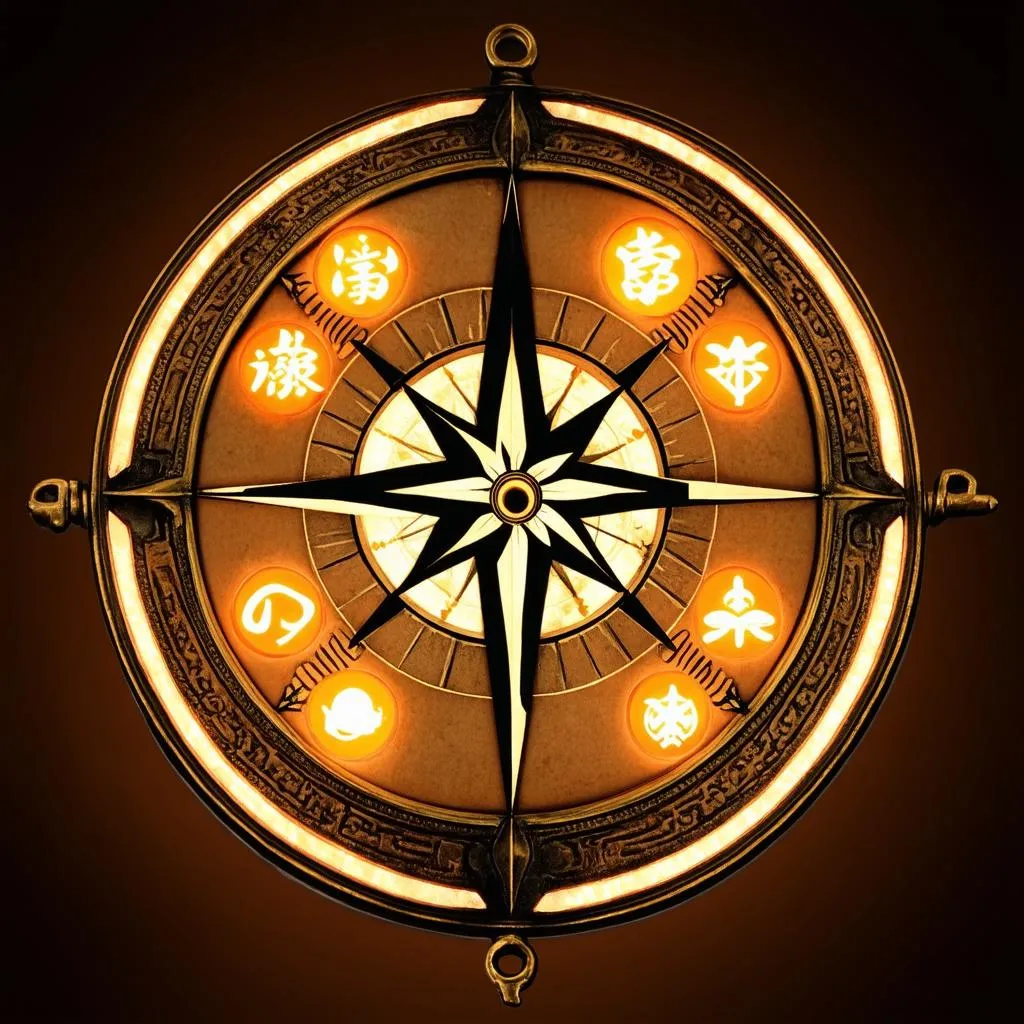Have you ever wished you could go back in time and change something, or hop into the future to see what’s in store? The idea of time travel has captivated humans for centuries, inspiring countless science fiction stories and philosophical debates. But is there any scientific basis to this tantalizing concept? Let’s embark on a journey through the fascinating world of time travel, exploring its possibilities and limitations.
The Science of Time Travel: Fact or Fiction?
While the idea of hopping in a DeLorean and racing through time at 88 miles per hour is pure fiction, Einstein’s theory of relativity does offer some intriguing possibilities. According to Einstein, time is not absolute but is relative to the observer’s motion and the gravitational field. This means that time can be stretched and compressed, a phenomenon known as time dilation.
Time Dilation: A Glimpse into Time Travel’s Potential?
One of the most compelling pieces of evidence for time dilation comes from astronauts aboard the International Space Station. Due to their high speed and weaker gravitational pull, astronauts actually age slightly slower than people on Earth. While this difference is minuscule, it demonstrates that time is not a rigid, unchanging concept.
Wormholes: Shortcuts Through Space and Time?
Another intriguing concept that emerges from Einstein’s theories is the possibility of wormholes, theoretical tunnels that connect two distant points in spacetime. If wormholes exist and are traversable, they could potentially allow for travel between different points in time as well as space. However, the existence of wormholes remains purely theoretical, and even if they do exist, the technology required to harness them for time travel is far beyond our current capabilities.
The Grandfather Paradox and Other Time Travel Conundrums
While the science of time travel presents some fascinating possibilities, it also raises a host of paradoxes and logical inconsistencies. One of the most famous is the grandfather paradox, which questions what would happen if a time traveler were to go back in time and kill their own grandfather. Would they cease to exist? And if they did, how could they have traveled back in time in the first place?
Such paradoxes highlight the complexities and potential dangers of altering the past, even if time travel were to become possible.
Time Travel and Feng Shui: Exploring the Interconnectedness of Time and Space
Interestingly, the concept of time travel also resonates with ancient philosophies like Feng Shui. Feng Shui, the Chinese art of harmonizing one’s environment, emphasizes the interconnectedness of time and space. By creating a harmonious flow of energy (chi) within a space, Feng Shui seeks to enhance well-being and attract positive opportunities.
Just as Feng Shui suggests that our surroundings influence our lives, the idea of time travel suggests that our actions in the past, present, and future are all intricately linked.
Planning Your Journey Through Time: Tips for the Aspiring Chrononaut
While time travel technology may be a long way off, it’s never too early to start planning your itinerary through the annals of history! Here are a few tips for the aspiring chrononaut:
1. Choose Your Destination Wisely
Do you dream of witnessing the grandeur of ancient Rome, or perhaps joining the revelry of the Roaring Twenties? Whether you’re drawn to historical events or cultural experiences, selecting your desired time period is the first step in planning your temporal adventure.
2. Pack Accordingly
Just like any trip, packing for time travel requires careful consideration. Research the customs and dress codes of your chosen era to ensure you blend in with the locals. And don’t forget essential items like a phrasebook, local currency, and perhaps a map to navigate the streets of yore.
3. Tread Lightly and Respect the Timeline
Remember, altering the past could have unintended consequences for the future. As you explore different eras, embrace the role of observer and treat the past with respect. After all, you wouldn’t want to accidentally step on a butterfly and inadvertently alter the course of history!
FAQs: Unraveling the Mysteries of Time Travel
1. Is time travel really possible?
While time travel remains a theoretical concept, Einstein’s theory of relativity suggests that time dilation and wormholes could potentially allow for travel through time. However, the technology required to harness these phenomena is far beyond our current capabilities.
2. What are the potential dangers of time travel?
Altering the past, even in seemingly insignificant ways, could have unforeseen and potentially catastrophic consequences for the future. The grandfather paradox highlights the logical inconsistencies and ethical dilemmas associated with time travel.
3. Can I travel to any point in time?
Even if time travel were possible, there may be limitations on the destinations and time periods accessible. Factors such as the stability of wormholes or the energy requirements for time dilation could restrict the range of temporal travel.
Time Travel: A Journey of Imagination and Discovery
While the possibility of physically traveling through time remains uncertain, the concept itself continues to captivate our imaginations and fuel scientific inquiry. Perhaps someday, the dream of journeying through the corridors of time will become a reality. Until then, we can explore the mysteries of time through scientific exploration, philosophical debate, and the boundless realms of our imagination.
For more fascinating insights into travel and exploration, be sure to visit travelcar.edu.vn, your ultimate guide to adventures near and far.
 Einstein's Theory of Relativity
Einstein's Theory of Relativity
 Wormhole Through Spacetime
Wormhole Through Spacetime
 Feng Shui Compass for Time Travel
Feng Shui Compass for Time Travel